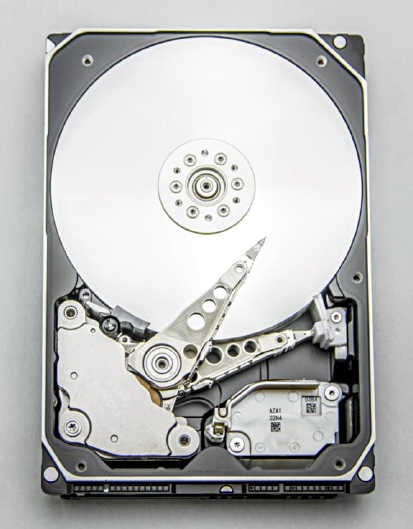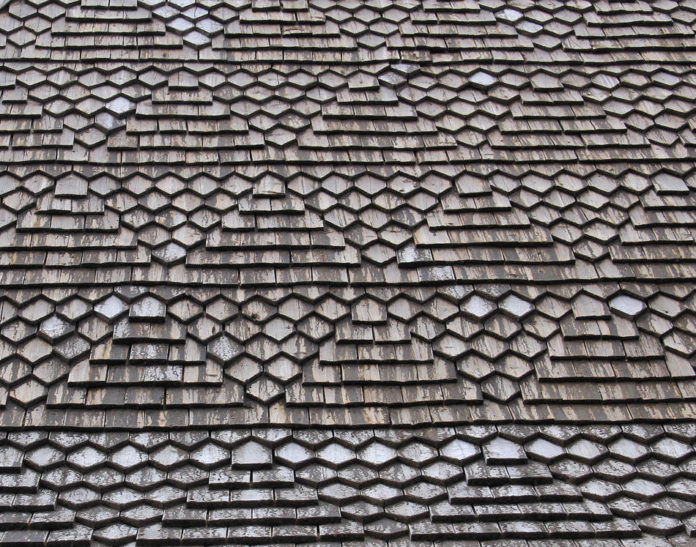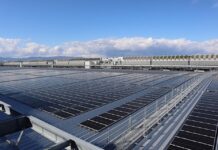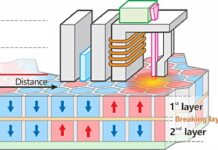Western Digital will introduce shingling to its MAMR drives to build a path to 20TB capacity in 2020 and from there to 40TB and 100TB.
Write tracks are wider than read tracks and shingled disk drives take advantage of this to overlap write tracks as a way of cramming more read tracks on a platter. The downside is that blocks of write tracks need erasing and re-writing when new data replaces old data. This is time consuming.
Shingled Magnetic Recording (SMR) drives are slower than conventionally recorded disk drives and as such are not drop-in replacements. Rewriting block changes can be handled by the drive itself or by a host server. Western Digital prefers host-managed shingling.
The company is targeting 2020 to introduce 20TB and 20TB+ MAMR (Microwave-Assisted Magnetic Recording) disk drive technology to increase areal density beyond the current Perpendicular Magnetic Recording (PMR) technology’s limit.
Eyal Shani, Director, Technical Product Marketing, Devices GTM, at WD, told a Technology Live briefing in London today that these drives will use shingling. He said SMR adds between 16 per cent and 25 per cent additional capacity beyond the increase due to MAMR.
At the 16 per cent level, a 20TB MAMR drive without SMR would have 17.2TB capacity. This is a small increase over current 16TB PMR drive technology. Hence the need for shingling.
Shani said cloud hyperscalers like Dropbox are the target market for such drives.
He revealed WD is developing dual-actuator technology to increase disk drive IO rates. The first actuator will handle the high 4 platters and the second looks after the lower 4 platters. Expect a statement on availability in June 2019.

If WD thinks it necessary to introduce shingling in its post-PMR drives Seagate and Toshiba are likely to follow the same route.
Update
March 8. A Western Digital spokesperson said: “Western Digital’s energy-assist PMR (ePMR) products (MAMR, for example) will not be limited to SMR, and we wanted to make sure that this is clear, as it may not have been clearly communicated during our presentation.
“Our plans are to continue to deliver both SMR and conventional magnetic recording (CMR) as they both offer distinctive benefits and value to the market. Western Digital also remains on schedule to ship energy-assist products during calendar 2019 – no specific date has been set.”








